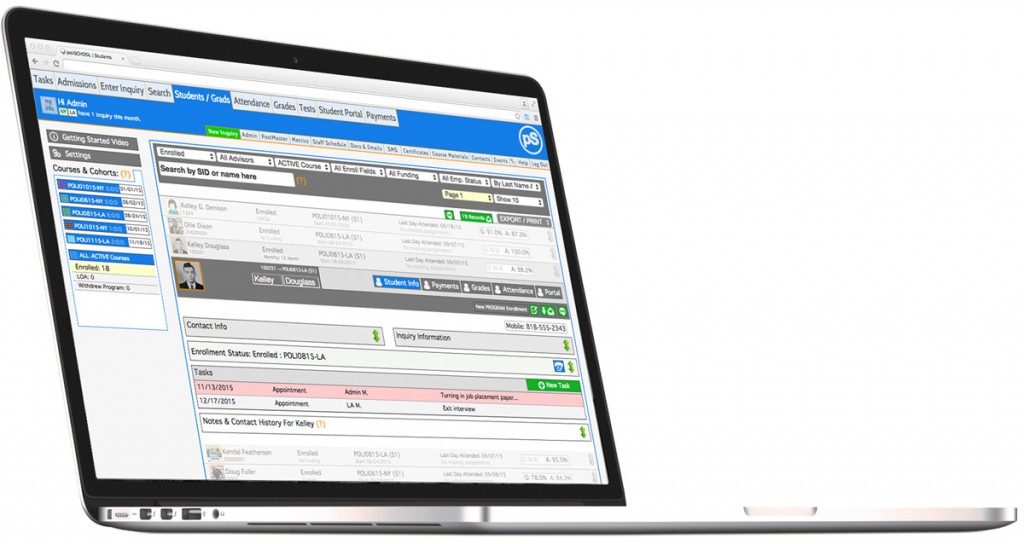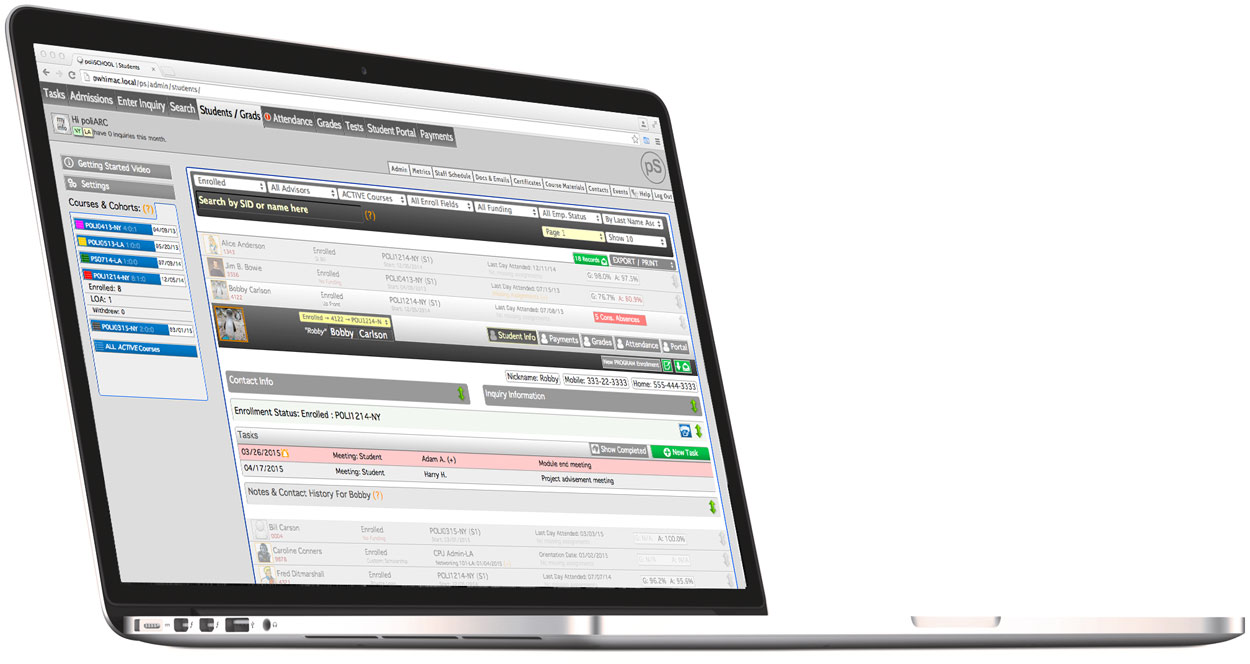
The Role of CRMs/SIS in Postsecondary Schools
Ensuring Data Security
CRMs and SIS are pivotal in managing vast amounts of student information—from enrollment details to academic records. These systems must be designed with robust security features to prevent unauthorized access and data breaches. Encryption, firewalls, and regular security updates are some of the measures that can help secure these platforms.
Streamlining Administrative Processes
Beyond security, CRMs and SIS enhance the efficiency of administrative tasks. They enable seamless communication between departments, automate routine processes like registration and grading, and facilitate data-driven decision-making. This not only improves operational efficiency but also enhances the overall student experience.
The Need for Reliable Systems: Minimizing Downtime
For postsecondary institutions, system reliability is non-negotiable. Downtime can disrupt critical functions such as class scheduling, financial aid processing, and student communication. Reliable CRMs/SIS ensure that these systems are available when needed, minimizing disruptions to both students and staff.
Scalability and Flexibility
As institutions grow, their systems must be able to scale accordingly. A reliable CRM/SIS should accommodate increasing amounts of data and users without compromising performance. Moreover, these systems should offer flexibility to adapt to evolving educational needs and technological advancements.
Importance of Staff Training in Data Protection
Understanding Privacy Regulations
Staff members must be well-versed in privacy regulations such as FERPA (Family Educational Rights and Privacy Act) which govern the handling of student information. Training ensures that employees understand their responsibilities in protecting data privacy.
Implementing Best Practices
Training programs should cover best practices for data protection, including recognizing phishing attempts, creating strong passwords, and securely handling sensitive information. Regular workshops and refresher courses can keep staff updated on the latest threats and preventive measures.
Cultivating a Culture of Security Awareness
Creating a culture where security awareness is prioritized helps reinforce the importance of protecting student data. Encouraging open communication about potential threats or breaches fosters a proactive approach to cybersecurity within the institution.
Postsecondary schools must prioritize secure and reliable CRM/SIS systems alongside comprehensive staff training to protect student data effectively. By investing in robust technology solutions and fostering a culture of security awareness among staff members, institutions can ensure that they meet their obligations under privacy laws while providing a safe environment for students’ personal information.








